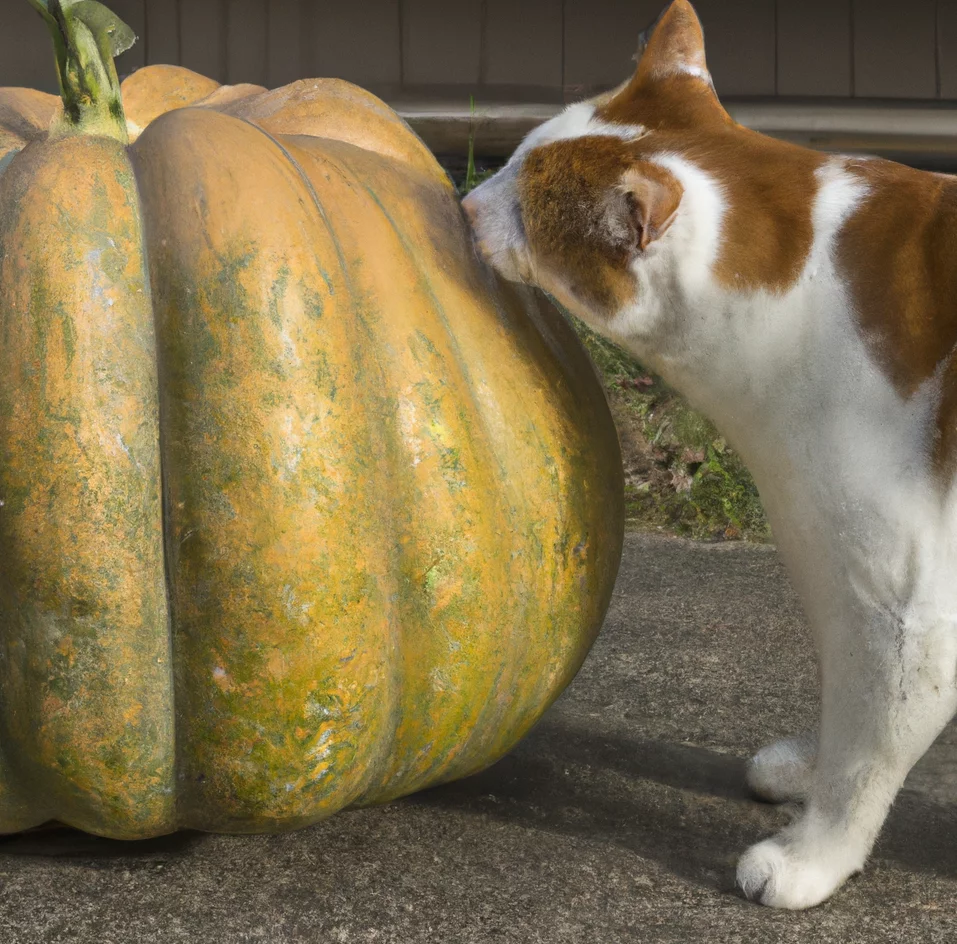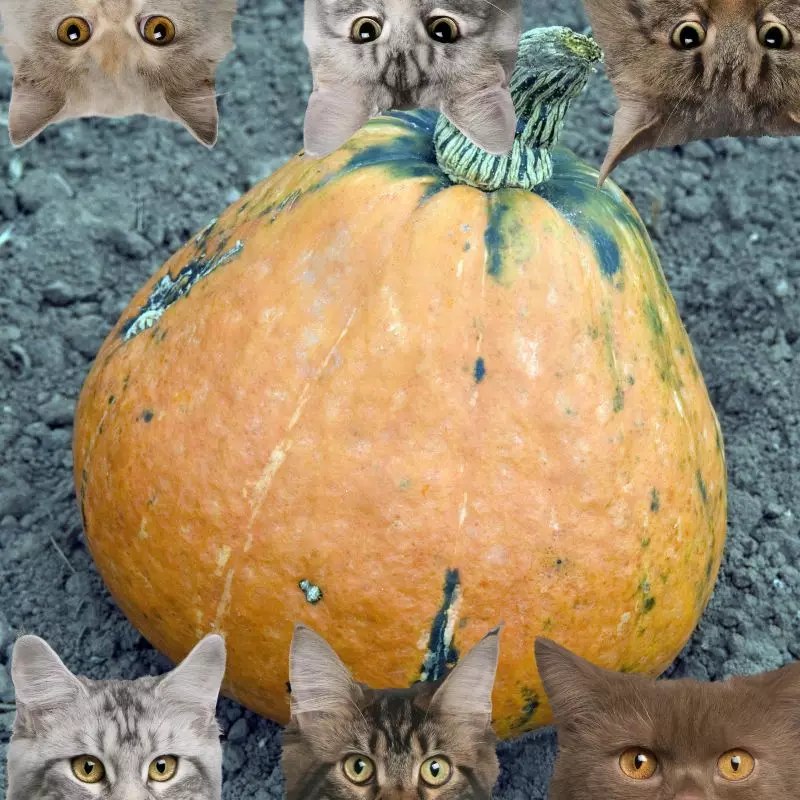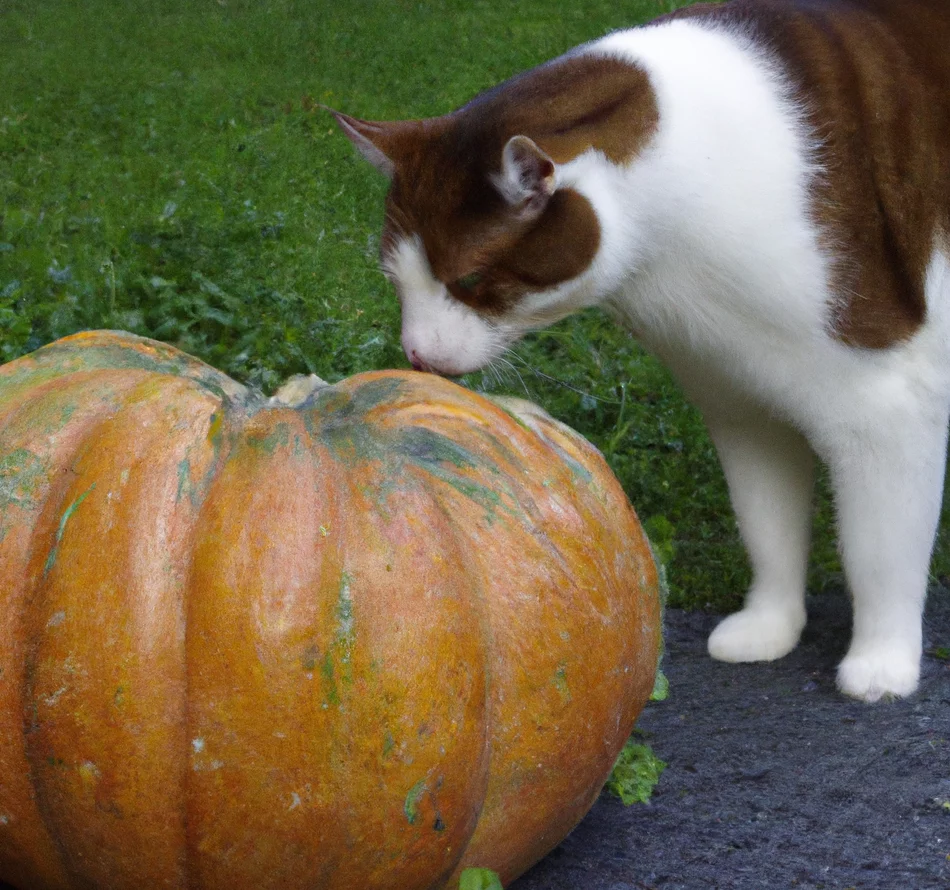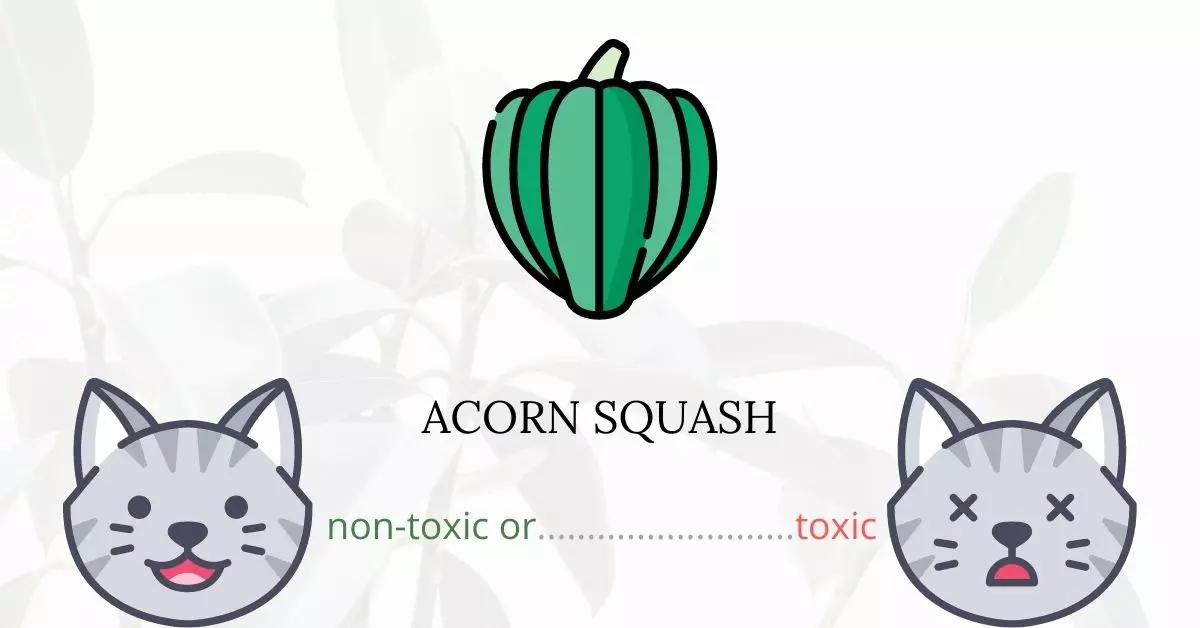To directly address the query, acorn squash is not considered toxic for cats, as per the American Society for the Prevention of Cruelty to Animals (ASPCA) Poison Control Center. Acorn squash belongs to the variety of squash and pumpkin, commonly recognized as edible and nutritious sources of food.
This article is the culmination of collaborative efforts with a team of seasoned Doctors of Veterinary Medicine (DVMs), who have generously contributed their expert knowledge to ensure the precision and timeliness of the information presented herein, particularly regarding the potential risks assorted plants like Acorn Squash may pose to cats. Our diligent research encompasses credible and esteemed sources like ASPCA and PetMD to substantiate the information on every plant discussed, ensuring our readers receive well-rounded, authoritative, and up-to-date insights.
Our concerted endeavor is aimed at enabling pet owners to make informed and safe decisions about the dietary choices they make for their feline friends, and understand the implications and safety of various plants and foods in a cat’s diet.
Can Cats Eat Acorn Squash?

In general, all types of squash are considered safe for cats to consume. While the cat is a carnivore, this is one variety of fruit that may be served safely and may benefit your feline companion.
Because acorn squash is low in calories, it will not cause your cat to gain weight. Despite this, it contains a lot of vitamin A and C. It is also high in dietary fiber, which is essential for your cat’s digestive and intestinal health and could be the most beneficial aspect of this item.
If you plan on including acorn squash in your cat’s diet, make sure it is peeled and fully cooked because the skin and raw interior are tough for cats to digest.
The rule of thumb when feeding your cats is to note that the cooking process and extra components used will affect how safe a certain food is for your cat. For example, acorn squash is safe and beneficial to your cat but a pumpkin pie with added sugars and other ingredients is not.
What is Acorn Squash?

Scientifically called Cucurbita pepo from the Cucurbitaceae plant family, acorn squash is a cultivated plant of the genus Cucurbita that has been domesticated in the Americas for a long time. They have several applications, both as a food source and for medical purposes.
Acorn squash is a monoecious annual climber native to Mexico that is grown worldwide for its edible fruits. Due to their different genetic histories, members of Cucurbita Pepo range widely in appearance, notably in their fruits. Yellow blossoms cover plants that are one to two feet tall and two to three feet wide. Domesticated varieties provide larger fruits with fewer seeds.
Many varieties of Cucurbita have been cultivated for the culinary use of their immature fruits, and some for the culinary use of their mature fruits. Sweetness and flesh color, for example, are completely displayed in mature fruits but barely at all in immature fruits.
Keeping Cats Away From Acorn Squash

Cats are curious in nature, thus, they have the tendency to sniff and nibble on plants that they are interested in. While acorn squash is safe and healthy for cats to eat, it is still advisable to train your cats to avoid nibbling on plants.
Generally, cats are carnivorous. Due to this fact, they lack the enzymes required to digest plant materials entirely. Eating plants, especially in significant amounts, may still induce intestinal distress in cats.
Plants to Avoid For Your Cats
If you are a cat owner and unsure if the plants growing in your yard are harmful to your cats, check out this list of toxic plants for cats. You may also refer to our list of non-toxic plants for cats.





